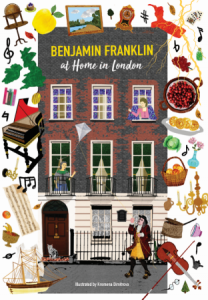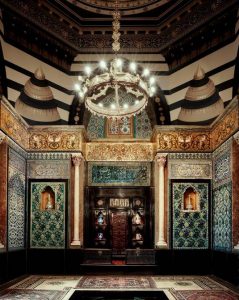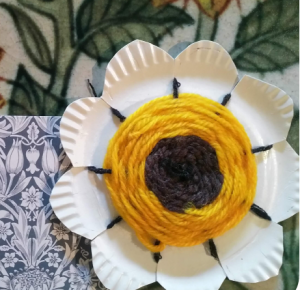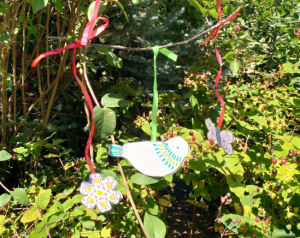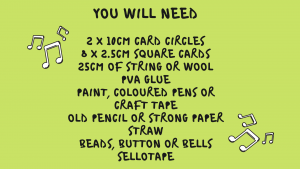(SOLD OUT) Open House London, Saturday 19 & Sunday 20 September
Open House London is the capital’s largest annual festival of architecture and design. This annual event allows the public to cross the threshold of some of London’s most interesting buildings, including Grade I, 1730s Benjamin Franklin House. Half-hourly guided tours will take place throughout the day.
Saturday 19 and Sunday 20 September, 11.00am-4.30pm
Free – half-hourly tours run on a first come first served basis. Advance booking required.
Register here
Donations welcome
Rules for a safe visit
All visitors will be required to wear masks while in the House except:
- Children under 11
- People with disabilities
- Those with breathing difficulties
- Anyone travelling with someone who relies on lip reading
Tour groups are limited to 4 people from separate households in line with social distancing measures.
Please refrain from touching public surfaces while in the House
Please do not enter the House if you feel unwell
Our staff is available should you need any assistance
For more information email info@benjaminfranklinhouse.org

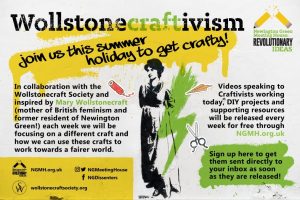 Mary Wollstonecraft was just one of the revolutionary figures who visited the
Mary Wollstonecraft was just one of the revolutionary figures who visited the 